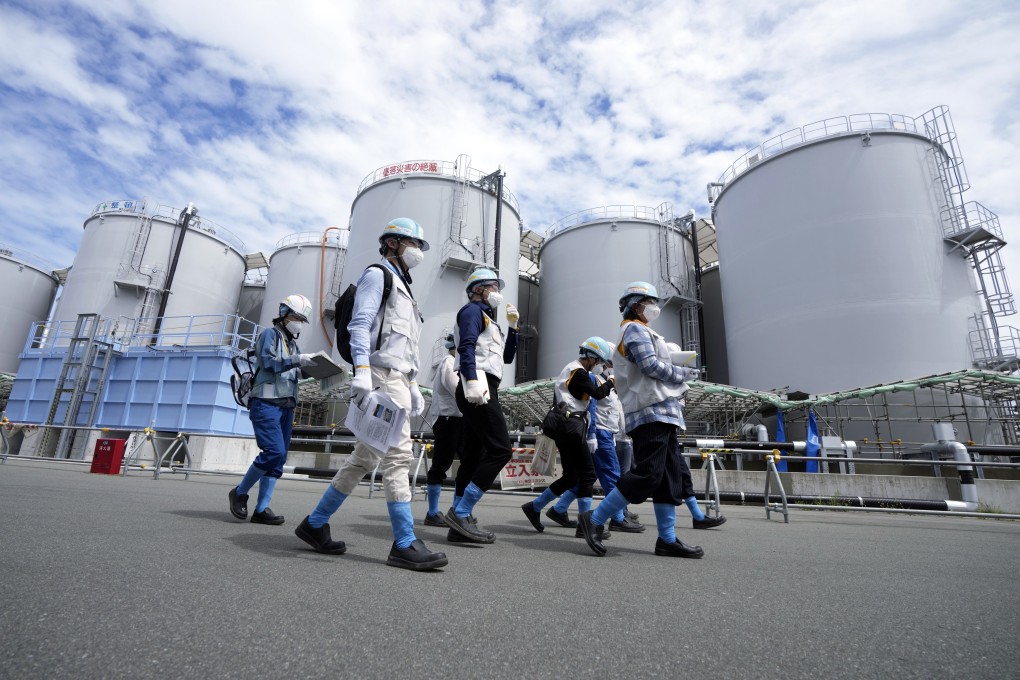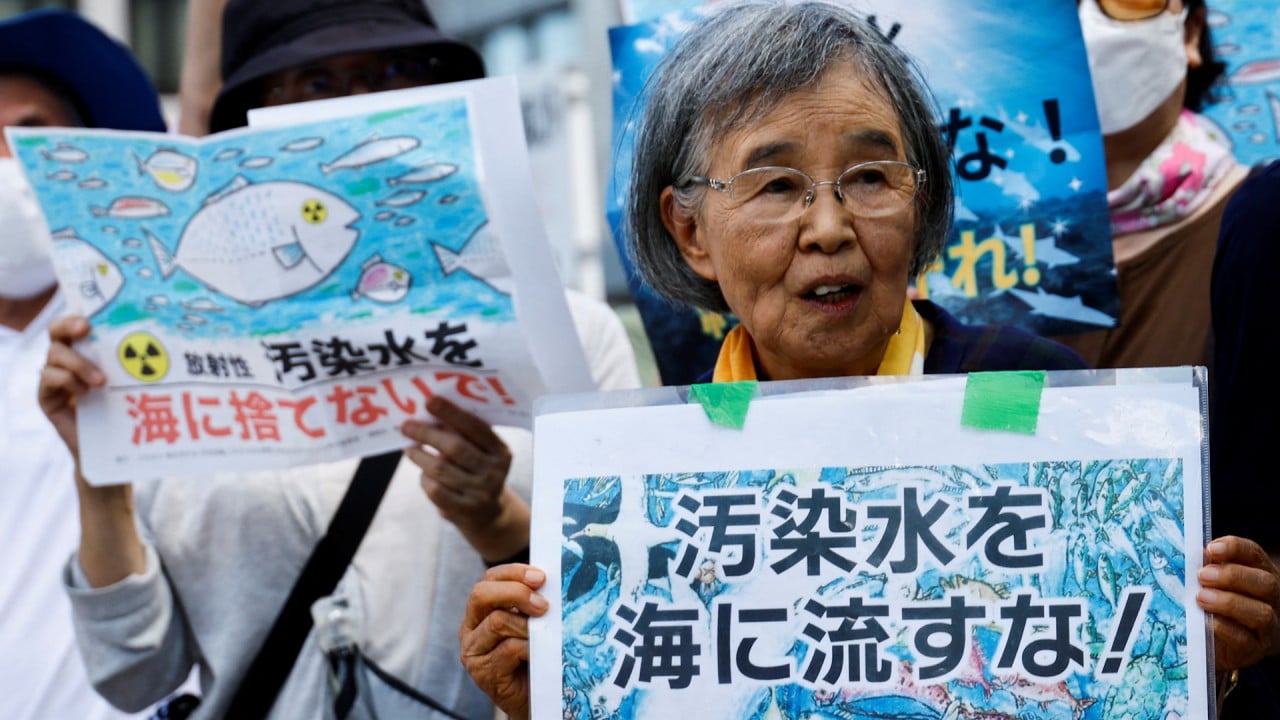Advertisement
Explainer | Why do many scientists oppose Fukushima radioactive waste discharge?
- The release of treated waste water from the nuclear plant has begun, despite concerns from major scientific organisations
- IAEA is monitoring the operation but many experts are questioning the amount of data being collected
Reading Time:4 minutes
Why you can trust SCMP
25

Japan’s decision to start releasing around 30 years’ worth of treated radioactive waste into the Pacific Ocean on August 24 has drawn criticism from some countries, including China, as well as some of the world’s leading scientific organisations.
The plan to deal with the 1.3 million tonnes of contaminated water accumulated since the Fukushima Daiichi nuclear power plant meltdown in 2011 includes removing most of the radioactive chemicals before it is discharged into the ocean.
While some scientists support this approach, on the grounds that the tritium to be released is not detrimental to human or environmental health, there is widespread sentiment against it in the mainstream scientific community.
The South China Morning Post examines the nature of the opposition to the release of the radioactive water.
1. Why is the scientific community concerned?
Tritium is one of two chemicals that Japan’s advanced liquid processing system (ALPS) is unable to filter out and has been the focus of the argument that releasing the water is safe.
However, the ALPS has been shown to be unsuccessful in filtering out the other 62 radioactive chemicals present in the waste water, according to data from the Japanese ministry for economy, trade and industry (METI).
Advertisement
